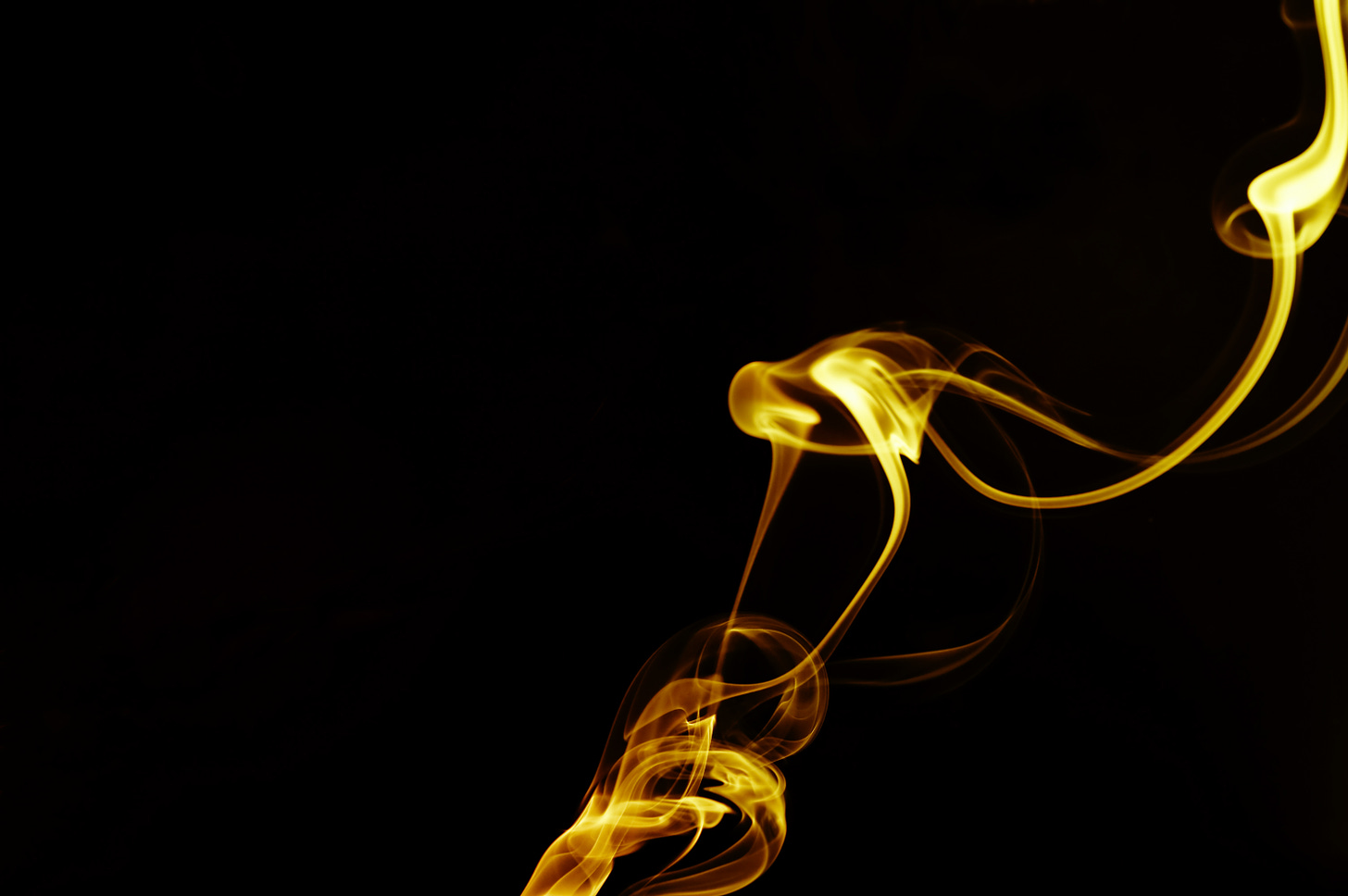The following excerpt was removed in the final edit of my upcoming book, 18 Months: A Memoir of a Marriage Lost to Gender Identity, to be released on Amazon on October 16. The book is the true story of the unraveling of a fifteen-year relationship when my husband came out as transgender.
The scene occurs when I’m in the throes of loss, after my partner and I separate.
—
“Hail, Brigid! Keeper of the forge, she who shapes the world itself with fire.”
I follow Phoenix, who leads the chant, and seven other women “sunwise” around the room. It’s blustering outside but warm in the Unitarian church where I’ve come this evening on a mission. “Go out and have a new experience,” my Creative Nonfiction professor urged. “Infuse your writing with fresh inspiration.” The local Wiccan circle seemed adequately novel.
Somehow, I didn’t realize I’d be practicing witchcraft. Now I’m struck by the inevitability.
I sniff. Hot liquid streams from my nose as I try to outpace a nasty cold in its fifth day. I wish I’d remembered to grab my purse-sized Kleenex pack before entering the sacred circle in “reverse crone order.” I can see it on the craft table where we assembled Brigid’s crosses from construction paper before the ceremony. But I think breaking the circle will be frowned upon, so I wipe my nose on my sleeve.
Then again, it’s hard to imagine these women are believers. This time of year, Phoenix announces, Gaelic women made soup from the last potatoes in storage, calling upon the goddess of fire and fertility to see them through the famine of late winter. But we here are far from hungry. Someone has brought a version of the soup, but it’s garnished with bacon and cheese and rests on a buffet between crudités and a cake from Whole Foods. The intentions we scribbled on our Brigid’s crosses are treated as goals to meet rather than spells to cast. And when the dark of winter fades into spring, thawing the frigid earth, will these women credit Brigid and the wave of her birch wand? Someone hands me a candle, enjoining me to call the Guardians of the West. I feel like an impostor, removed from the hardships faced by 17th-century peasant women, performing my role as if for an artless Bible school play.
“Witness this rite,” I ask the Guardians, “and protect this sacred space.” The rite starts with a Native American folk song playing from a boombox on the floor. We sing along, but none of us hit the same notes or pronounce the same words as we follow a loosely-related lyric sheet from last year. The space is a nondescript room furnished with indoor-outdoor carpet and folding chairs surrounding a fabric-draped cardboard box. Quartz crystals, salt and cinnamon wax adorn this makeshift altar. We bring a communion of milk to our lips, representing the life-giving force of the female sex, after the high priestess offers an almond milk substitute to anyone vegan or lactose intolerant.
The experiment is a failure, I think. I am unmoved. I need a larger, more substantial altar. I need solemn music, marble and stained glass. I need to put down this tea light from Big Lots and wipe my nose.
I write a snarky essay for class. But while completing a larger story, I attend a second ritual. And then a third. And I learn that there is something here for me besides Magick.
One of the ladies works for a women’s prison. Another volunteers at the Julian Center, a shelter for battered women. Another manages a clothing drive for the homeless. They send menstrual products to girls in developing countries so they can attend school. They participate in protests against racial injustice. They hold meetings and write letters and march. And they care for each other. When one underwent a hysterectomy, the others drove her to the hospital and brought casseroles to her home. When another was left shocked by her husband’s abrupt and brutal suicide, they took turns staying with her.
Wiccan rituals aren’t for worshiping redheaded maidens. But they aren’t for reenacting historical events, either. They’re for elevating the competence, power and divinity of women.
Imbolc seemed like a joke, at first. But it saw me through the dark night of my winter.





We bring a communion of milk to our lips, representing the life-giving force of the female sex, after the high priestess offers an almond milk substitute to anyone vegan or lactose intolerant.
Priceless.